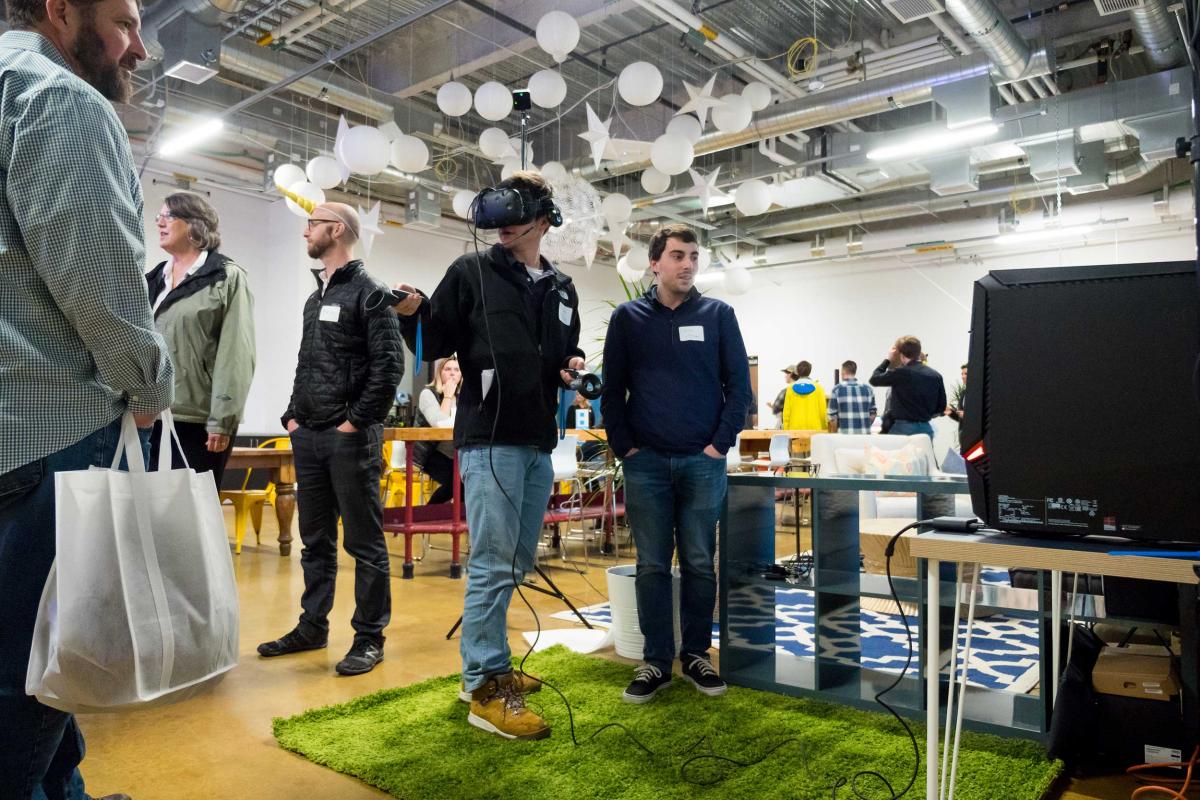Minor in Computational Biology
Top Green College
(Princeton Review, 2025)
No. 46 among public universities in the country
(U.S. News & World Report, 2026)
5 Nobel Laureates
Since 1989
CU Boulder’s Department of Computer Science is ranked the No. 16 undergraduate program in computer science in the U.S.
(U.S. News & World Report, 2023)
CU Boulder’s BioFrontiers Institute core faculty members include a Nobel Prize winner, two Waterman Award winners, three members of the National Academy of Inventors and more.
Connect with many high-tech companies right here in Boulder, many of which sponsor computer science internships or mentorship programs.
Academic Plan & Requirements
The minor in materials science and engineering is a cross-college minor that welcomes students from a diversity of majors but may best complement biology, math, computer science or engineering backgrounds.
The minor requires completion of eight courses from three course areas:
- Skills
- BioElectives
- Data & Structure + Bioprocesses



